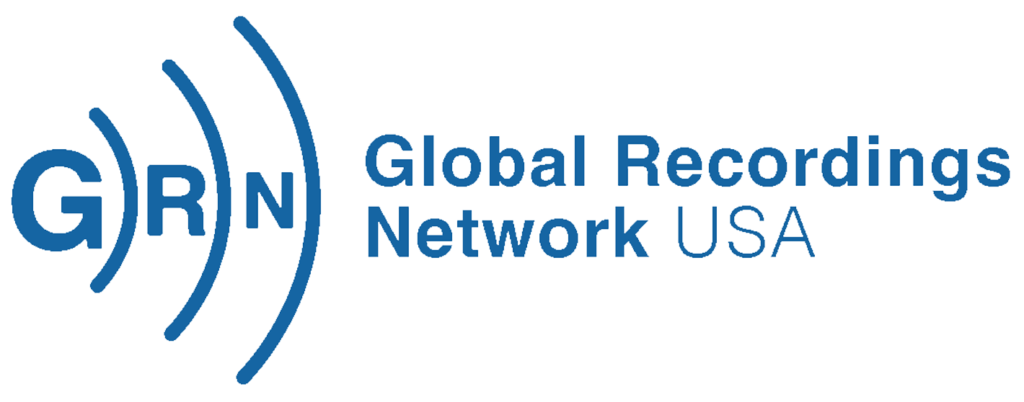Post 39 / The Next Language
April 5, 2021
What About Those Last Languages?
I thought it time to share what we have learned from our research about the last unrecorded languages on the earth.
They are more than we thought. We started with over 3,000 and now have identified more than double that. We will not know conclusively until we actually get on the ground. In some cases we will find they are new names for old recorded languages and in other cases we will find that actually there are several more we did not know about.
They are not all so far away as we thought. When our researchers actually located the unrecorded languages on the map in Mexico we found that over half of them were within a few hours’ drive of our headquarters in Oaxaca City, Oaxaca. Digital mapping services took us right to the villages. Several churches are currently in the process of doing the ground surveys where they will take word lists and collect language information.
Over half of the missing languages are in three countries. Those countries are Indonesia, Papua New Guinea, and Nigeria.
We are not the only mission targeting them. This is good news. We are forging partnerships that will multiply resources to accelerate reaching these languages. In some cases this will involve us engaging in Oral Bible Translation projects as well as our traditional Oral Bible Stories.
Most unrecorded languages are closely related to an existing GRN-recorded language or a language with translated Scripture. This is also good news because in most cases we will record new material that complements what may be 80% intelligible in a near language. It will also give us resources in that the recorded languages have already solved some of the problem terminology and translation difficulties.
These are smaller people groups. In many cases this is the reason they never got a New Testament but it is also the dynamic that drives the fact that many of these languages are threatened and falling into disuse by those that leave their home areas.
The speakers are economically deprived. We learned in Mexico that some of those unrecorded language speakers have no economy above subsistence. These are the groups that are willing to be bused to a minimum wage job in the agricultural camps. The Gospel in their mother tongue would be very welcome and influential to those individuals. We found that people in a language cluster that got a New Testament often became literate and also benefited from community development projects that gave them robust economies.
Many unrecorded people groups are vulnerable to political extremism. Those cultures in economic stress are vulnerable to extremist recruitment. We found migrants in the agricultural camps that had not gone home for years because of political unrest there. We anticipate that some of this extremism — such as with the Boko Haram in Nigeria — has driven some of our future language helpers into larger cities.
Many unrecorded languages already have some Christians within them. This is also good news and many times the result of successful use of mission outreaches that used our materials in closely related languages and then those new believers spreading the word. We learned of an entire group in Nepal that was successfully evangelized through an unrelated language from Tibet. Is this a reason to declare that unrecorded language as not needing the Gospel?? There are hints that Nigeria and Papua New Guinea have similar areas where the Gospel has spilled over into unrecorded languages. This will greatly change the script content needed in those languages but will also still require that the simple Gospel be available for the prodigals that leave the tribe and are contacted in a “far country” and ready for a word from God. Our recordings are also basic teaching tools, fastening the truths of the simple Bible stories into people’s minds as they hear the messages over and over.
Most are not hostile. This is also good news. Many of these are more ready and receptive to the Gospel than ever because of a shrinking world. Of course there are exceptions to this, such as those tribes in the Amazon that still have not had any outside contact. Strategies will have to be very different for such people. There are no google maps to their front doors!
In contrast many unrecorded groups are not isolated either geographically or politically. The fact that google maps told us in Mexico exactly how many hours and minutes it would take to drive to certain villages tells you that there is a way.
I hope this will inform your prayers as we move ahead with partnerships and plans for reaching every unrecorded language in the world.
God Bless,
Larry DeVilbiss | Executive Director
Global Recordings Network USA
P. S. As a “thank you” for your continued support of the ministry of Global Recordings Network USA, and in celebration of over 80 years of God’s faithfulness, we have compiled a collection of 80 daily devotions written by GRN founder, Joy Ridderhof. You may read or download your copy of Rejoice Always – 80 Devotions with Joy Ridderhof here.
